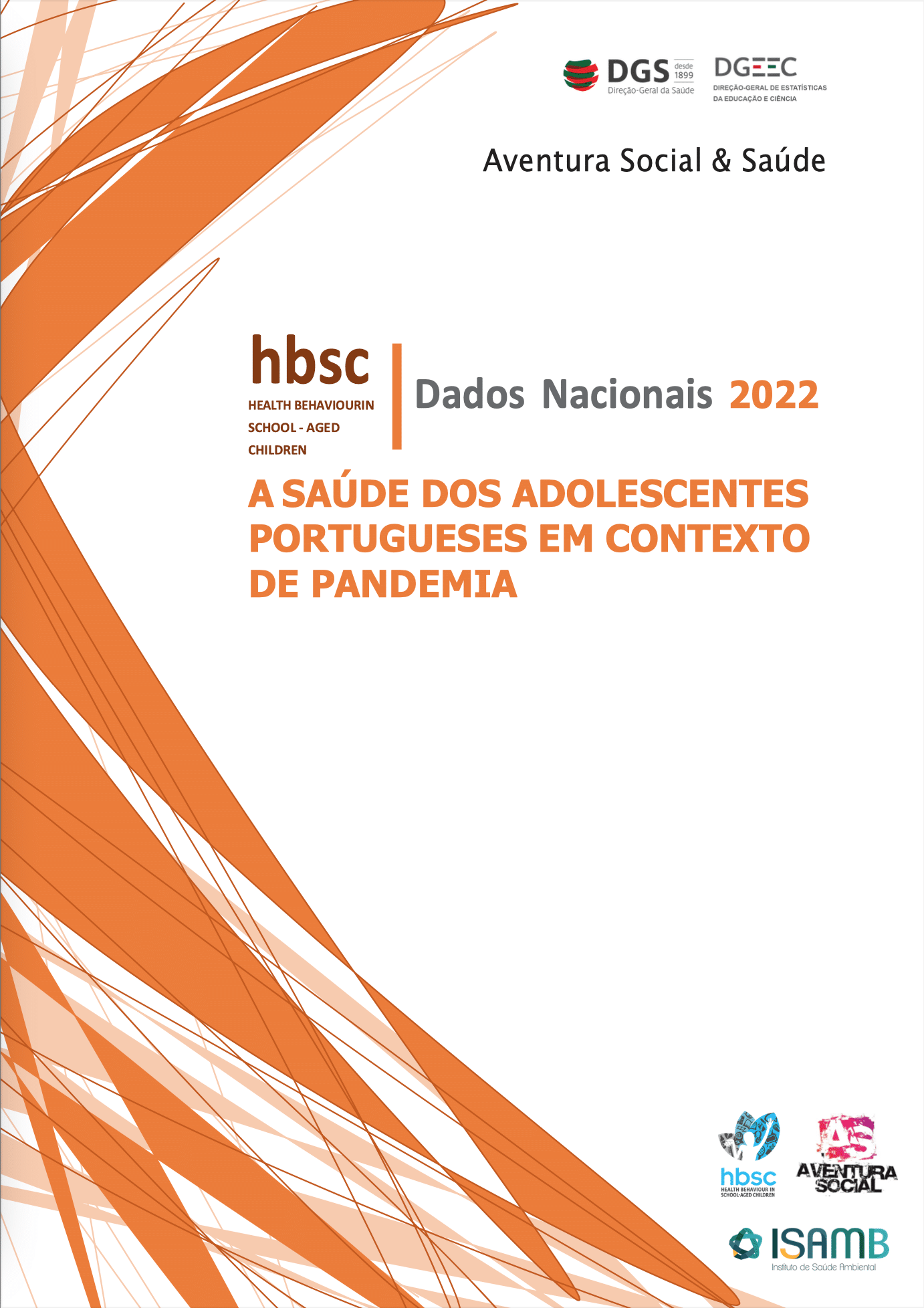The 2021/22 Health Behaviour in School-aged Children (HBSC) study in Portugal shows a concerning decline in Portuguese adolescents’ mental health and well-being compared to the 2018 HBSC survey. A total of 5809 young people from the 6th, 8th, and 10th school years participated in the study, with a mean age of 14.09 years.
Mental health indicators: Increasing unhappiness and self-harm
Several indicators reveal a worsening of mental health among Portuguese adolescents. Perception of unhappiness increased from 18.3% to 27.7%, while daily feelings of sadness to the point of being unable to cope rose from 5.9% to 8.7%. Self-injury also increased from 19.6% to 24.6%, with the arm remaining the most common area of self-harm.
Physical and psychological symptoms: A noticeable increase
Physical symptoms occurring almost every day, such as headaches, backaches, neck and shoulder pain, dizziness, and tiredness/exhaustion, all showed a noticeable increase. Psychological symptoms like sadness, irritability, nervousness, and fear also rose substantially.
Sleep and health conditions: Challenges and long-term illnesses
Despite the majority of adolescents reporting that they sleep well, most also reported difficulties in waking up, falling asleep, and maintaining sleep throughout the night. There was a decline in the number of young people reporting adequate sleep and an increase in those experiencing sleep issues.
The study found that 18.8% of adolescents report having a long-term illness, health problem, or disability diagnosed by a doctor, with allergies, vision problems, and asthma being the most frequent. About 54.5% of these adolescents need medication and around 28% state that their health condition affects their participation in social and school activities.
Health literacy and medication usage: Struggling to understand and increased consumption
Portuguese adolescents show a moderate level of health literacy, finding it challenging to compare health-related information from different sources and to understand whether certain health-related information is accurate. They also have difficulty providing examples of things that promote health.
Medication usage in the last month also increased from 2018 to 2022, with the most commonly reported increases being vitamins or food supplements, medication for nervousness, difficulties falling asleep, and sadness. The percentage of young people reporting that a doctor prescribed their medication decreased from 73.8% in 2018 to 60.3% in 2022.
Family and school environments: Deteriorating support and increased pressure
In terms of family and school contexts, adolescents reported a more negative perception of family support, fewer family meals, and decreased ease of communication with parents. They also reported increased pressure and difficulties at school, feeling that there is too much schoolwork and that it is boring and difficult. The perception of safety at school decreased from 80.3% in 2018 to 76.7% in 2022.
Health and risk behaviors: Weight, technology use, sexual behaviors, and fighting
Regarding health and risk behaviours, the study noted worsening trends in weight, technology use, sexual behaviours, and fighting. Overweight perception increased from 28.3% in 2018 to 31.8% in 2022, and daily breakfast consumption declined. The use of mobile phones for several hours a day increased from 56.6% in 2018 to 64.5% in 2022, and online contact with friends and acquaintances also increased.
Sexual behaviour trends showed a decrease in the age of first sexual intercourse for young people aged 11 years or younger and those aged 12/13 years. Meanwhile, an increase in the frequency of first sexual intercourse was observed for those aged 14 years and older.
Contraceptive methods and physical altercations: Decline in usage and increased fighting
Contraceptive method use, such as condoms and contraceptive pills, saw a decline in usage rates among sexually active adolescents. The number of young people reporting having been in a physical fight in the past 12 months increased, with boys more likely to engage in physical altercations.
Substance use: Alcohol and tobacco consumption decrease, electronic cigarette use rises
Regarding substance use, the study observed a decline in alcohol and tobacco consumption but a rise in electronic cigarette use. The frequency of alcohol use in the last 30 days decreased from 36.1% in 2018 to 30.5% in 2022, while tobacco use in the same period decreased from 17.1% to 14.7%. However, electronic cigarette use increased from 11.6% in 2018 to 16.9% in 2022.
The need for immediate attention and intervention
The 2021/22 HBSC study in Portugal reveals a concerning decline in Portuguese adolescents’ mental health and well-being. This decline is evidenced by increased rates of unhappiness, self-harm, and psychological and physical symptoms. Furthermore, the study highlights the deterioration of family and school environments and worsening health and risk behaviours such as weight perception, technology use, sexual behaviours, and fighting.
These findings call for immediate attention and intervention from parents, educators, healthcare providers, and policymakers to address the growing mental health crisis among Portuguese adolescents. It is crucial to implement effective strategies to improve family and school support, promote healthy behaviours, and provide adequate resources for mental health care to foster a healthy and safe environment for the younger generation.
Download the report (Portuguese)
